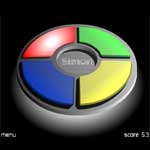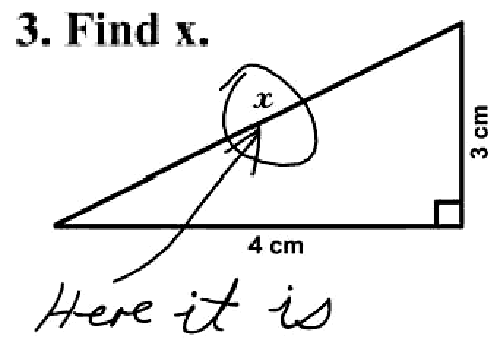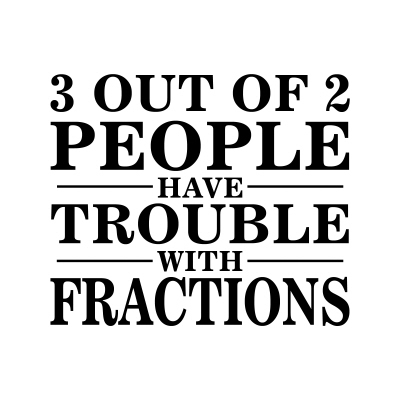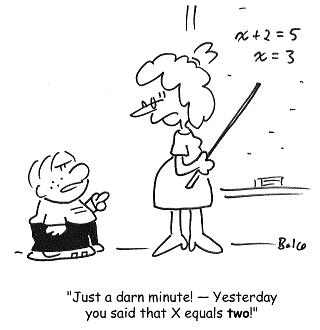| |
PLAY SIMON
- THE MEMORY GAME!

One of my favorite games as a kid, SIMON is a way to measure our
memory retention capacity by generating a growing sequence of events,
in this case colors and sounds, that the player has to repeat. How
many sequential events can you remember ? - Simon will tell you!
Click
here to launch.
HOW TO PLAY
Once the game Simon is loaded click on play, be alert
and observe what color lights up... click on it (1).
- The game simon continues by lighting up the clicked color and
an additional one (2). Now you have to click on both colors in the
same order (1)-(2).
- Simon continues adding and/or repeating new colors (and sounds)
that you must memorize and repeat in the same order, until your
memory allows it - and / or until you make a mistake :-(
- Click menu to begin a new Simon Game.
- The SCORE counts the amount of colors (or sounds) that you have
memorized. The farthest I ever made it was 21. Top that if you can!!
Dots Math Game
Instructions
In the dots math game, your goal is to make more squares
than the computer. To begin, choose two dots, and a line segment will
be drawn between the dots. You and the computer will alternate turns
from that point on. Whenever a box is drawn, one point is scored and
the person who scored the point gets a free turn. Whoever has the
most boxes in the end wins the dots math game.
Play Dots Math Game now
Sudoku!
Students who complete sudoku puzzles are using logical reasoning
and problem solving skills.
"Sudoku is a logic-based, combinatorial number-placement puzzle.
The objective is to fill a 9×9 grid with digits so that each
column, each row, and each of the nine 3×3 sub-grids that
compose the grid (also called "boxes", "blocks",
"regions", or "sub-squares") contains all of
the digits from 1 to 9. The puzzle setter provides a partially completed
grid, which typically has a unique solution.
Completed puzzles are always a type of Latin square with an additional
constraint on the contents of individual regions. For example, the
same single integer may not appear twice
¦in the same 9x9 playing board row
¦in the same 9x9 playing board column or
¦in any of the nine 3x3 subregions of the 9x9 playing board.
The puzzle was popularized in 1986 by the Japanese puzzle company
Nikoli, under the name Sudoku, meaning single number. It became
an international hit in 2005."
Source: Wikipedia
Play
Sudoku!
Other Math Games
Click here
for a website full of cool math games!!!
|
|
Math in Movies
Check out this collection of movies clips in which math appears.
Math is everywhere!!
Click
here for the Math in Movies collection!!
Funnies



|
|




